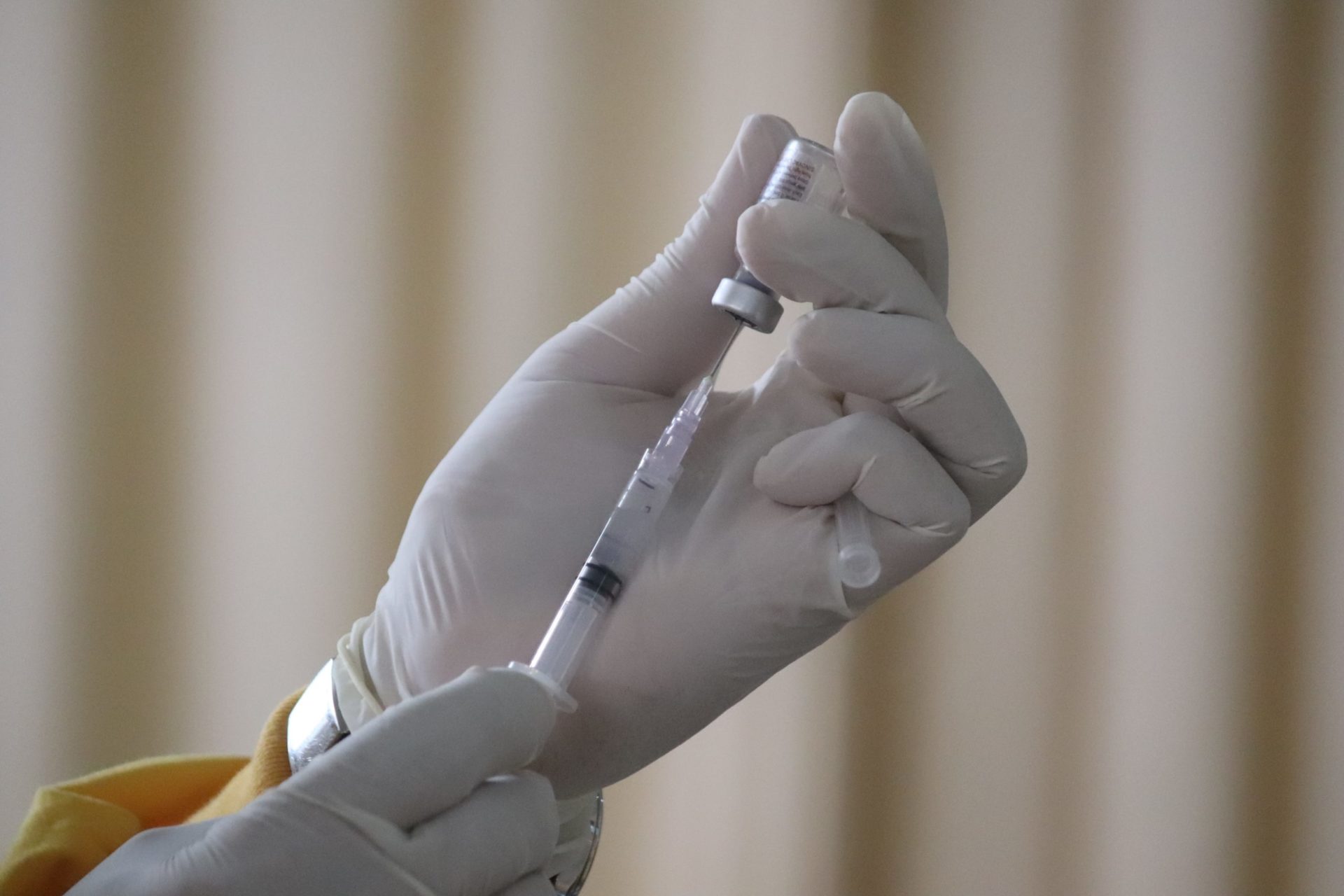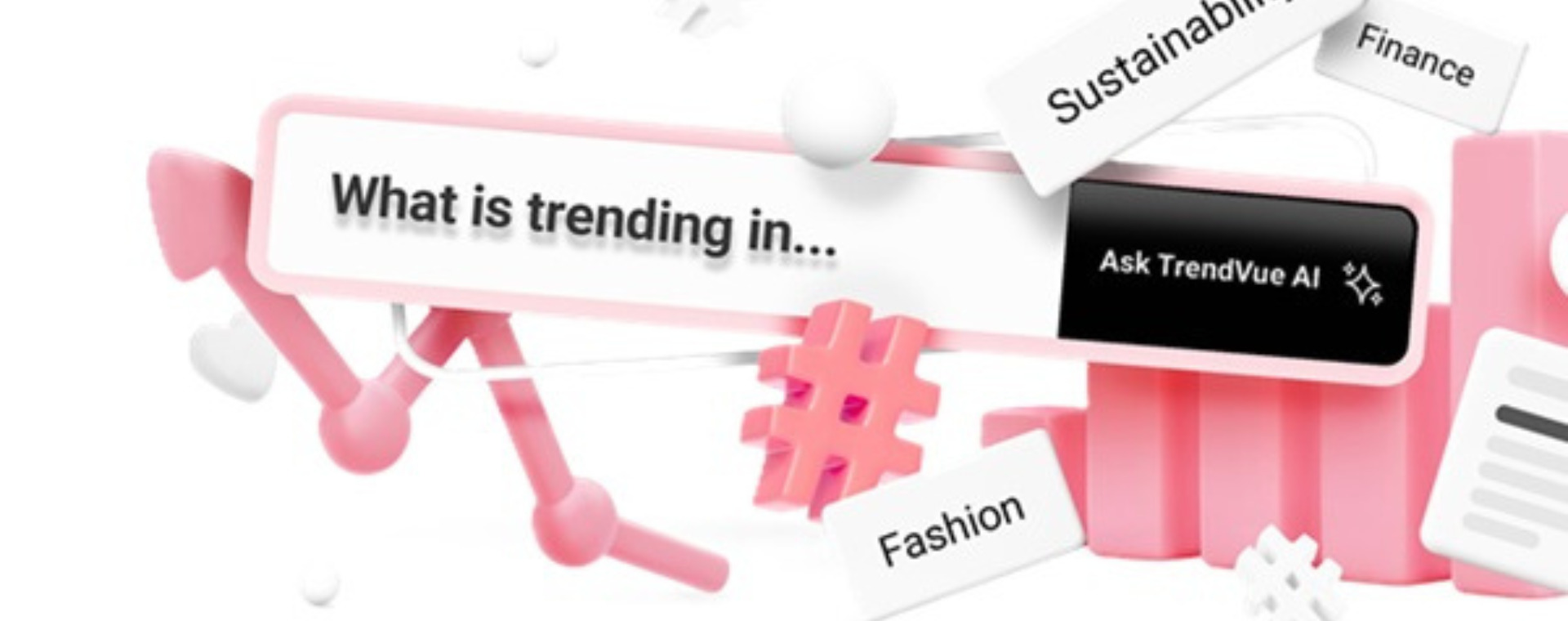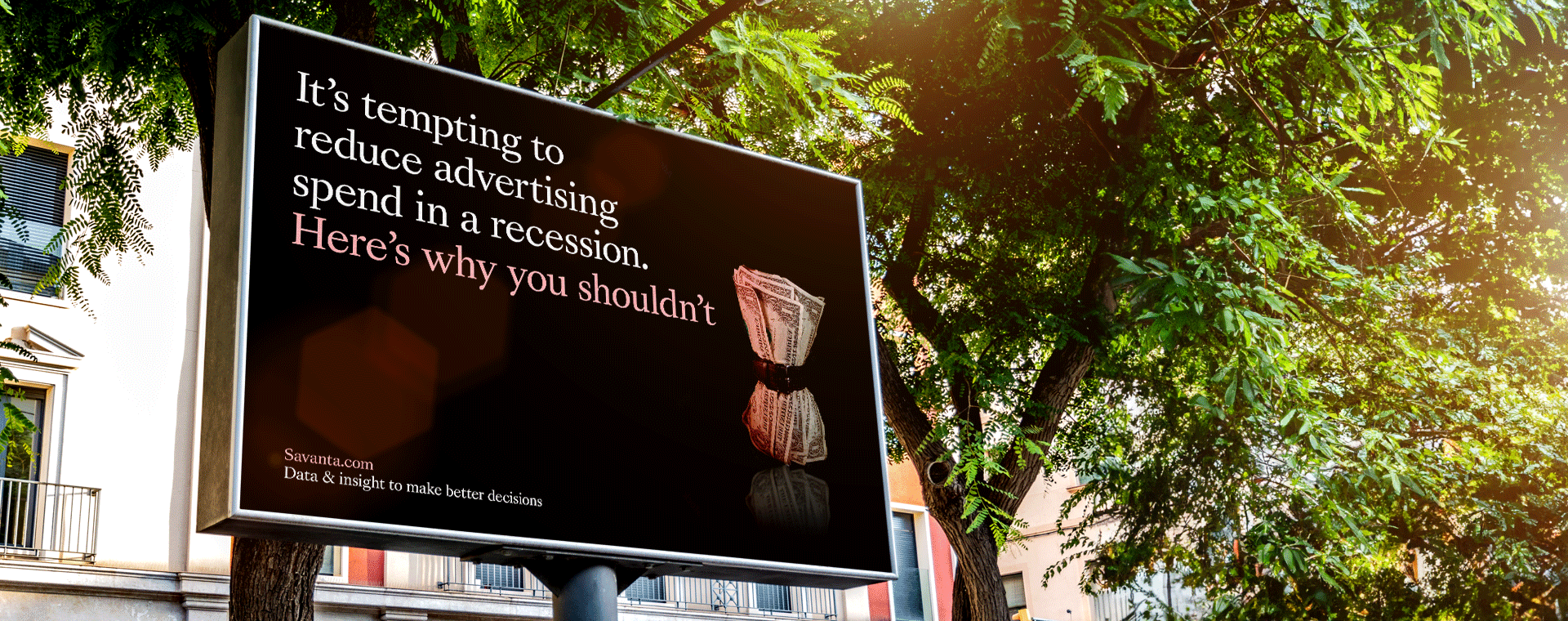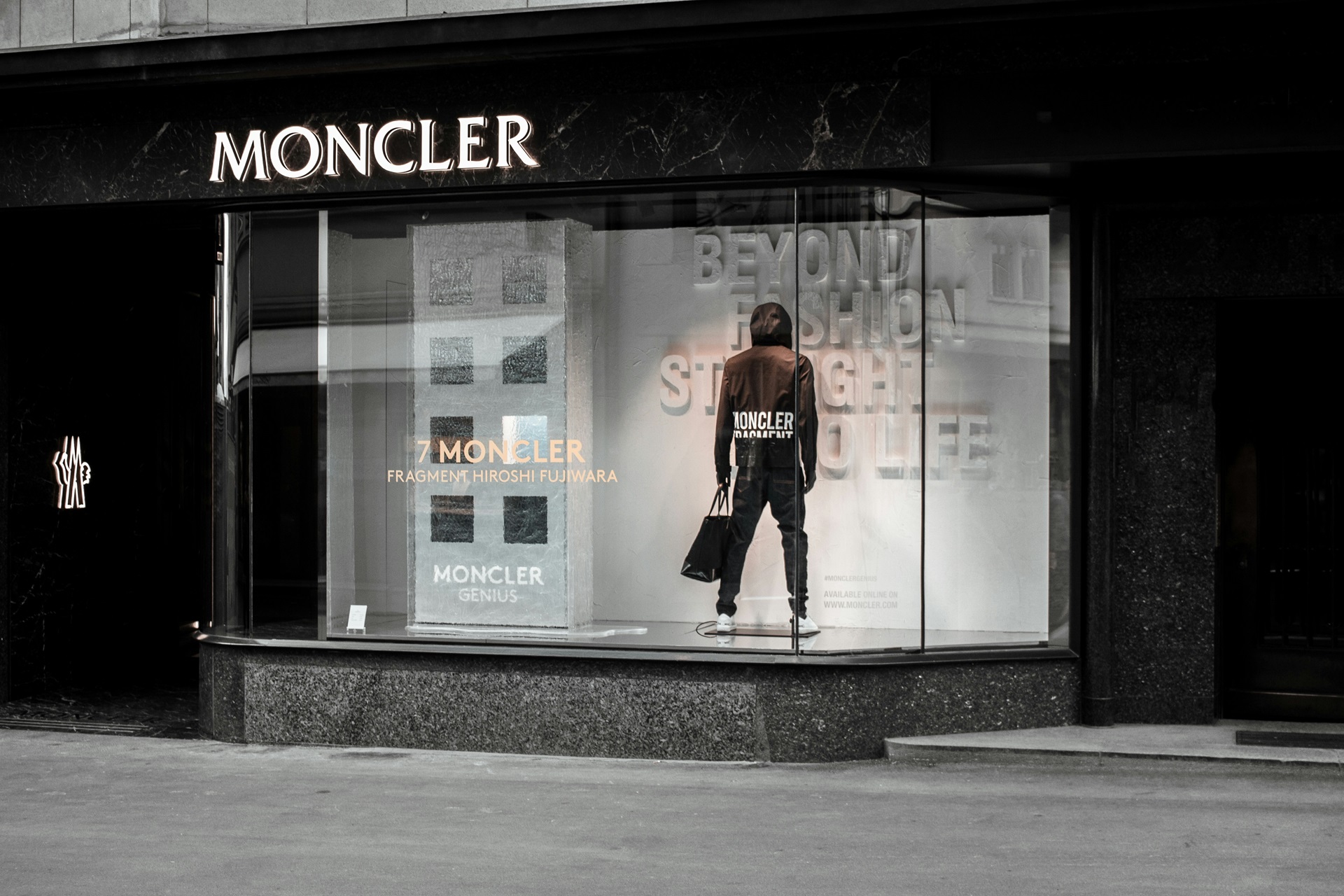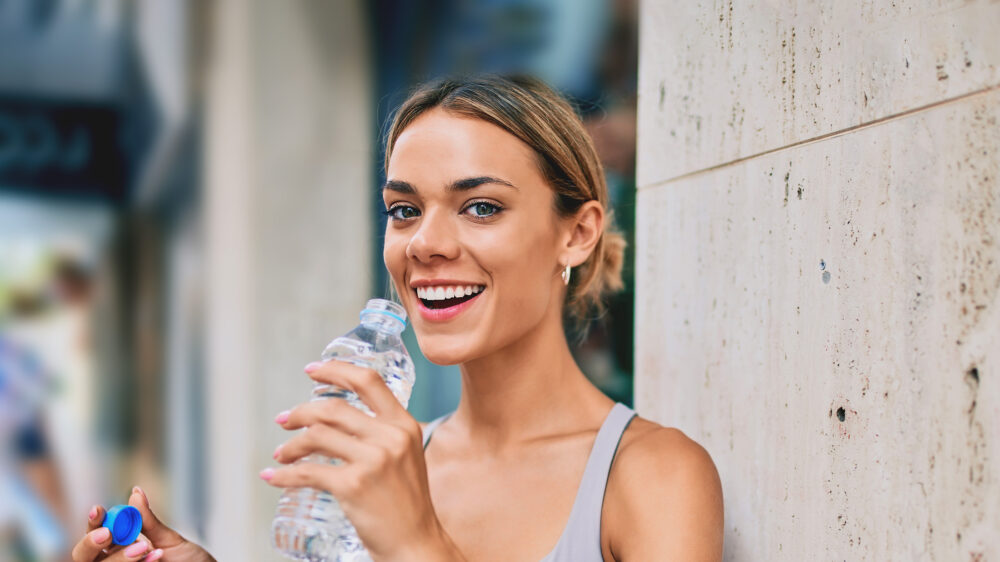
With the distribution of COVID-19 vaccinations on the horizon, Americans are pessimistic about how it will alter their mindsets, who should receive the vaccines, and if they are even safe
Currently, Pfizer and Moderna’s Covid-19 vaccines are approximately 95% effective in preventing COVID-19, giving Americans light at the end of a long and dark tunnel.
Americans are doubtful that a vaccine will alter their mindsets about returning to work and school, eating out, and participating in activities outside the home
Recent data from Savanta shows that consumer attitudes and a drive to return to normal are somewhat negative, even after hearing about the ground-breaking vaccines. With over 260,000 Americans dead from the virus, Americans remain cynical that a vaccine will return their lives to what it looked like before COVID-19.
The virus forced students to attend school online, and our workforce shifted from office parks to home offices. Only 1 in 5 Americans (20%) are optimistic about reopening schools and colleges after hearing the vaccine news. Even fewer Americans (17%) are confident that they will return to their offices.
COVID-19 caused mayhem in the US restaurant industry. Restaurants shifted their business models swiftly in reaction to the fear of indoor dining. This apprehension doesn’t seem to be dissipating. According to Savanta data, only 19% of Americans think developing a vaccine will help them feel comfortable congregating at a restaurant or bar indoors. Even less (14%) think that Pfizer and Moderna’s vaccine announcements will ease their concerns about returning to movie theatres and entertainment venues.
The virus has severely affected the US economy and financial markets, and Americans are skeptical that a vaccine will immediately help their wallets. Savanta data shows that less than one in five (18%) of Americans feel that developing a vaccine will aid in the country’s economic health.
As COVID-19 surges across the nation, killing almost 1,000 Americans per day, consumers are skeptical that Pfizer and Moderna’s announcements of a vaccine will positively impact their daily lives. News of the vaccine did not leave most Americans optimistic.
The COVID-19 vaccine is a dividing issue in America
Half of Americans plan to receive a vaccine and feel that it should be mandatory to control the spread of COVID-19; however, many Americans have concerns about its safety and necessity.
Data from Savanta shows that more than half (51%) of Americans support a mandatory vaccine against COVID-19 for all citizens who are not medically exempt. Ambivalence (23%) and opposition (26%) to a mandatory vaccine split the other 49% of Americans.
Along the same lines, exactly half (50%) of Americans are extremely likely/likely to get the vaccine after it is approved and made available to the public. 26% of those surveyed are extremely unlikely/unlikely to receive the vaccine, and the other 24% are not sure.
The COVID-19 vaccine concerns nearly half of Americans even though they routinely receive vaccines for the flu and travel. 71% of Americans received a vaccine in the past five years, and only 6% surveyed by Savanta have never received a vaccine.
Americans are wary of Pfizer and Moderna’s new vaccinations because 43% of those surveyed don’t believe the vaccines are safe. Others do not trust the pharmaceutical companies producing the vaccines (24%), and many do not think the COVID-19 vaccine will be effective (21%). Other reasons include participants already having COVID-19, the belief that a vaccine is not needed to eradicate the virus, and religious beliefs.
2020 is highlighting America’s division, and opinions surrounding receiving the COVID-19 vaccine is no exception. Although the reports of the vaccines’ effectiveness are positive, Americans remain torn on the issue.
Who should receive the COVID-19 vaccine, according to Americans?
Americans don’t feel that the elderly, high-risk populations, or educators, should be given vaccine priority, yet they show sympathy towards health care workers.
Since the COVID-19 virus appeared in America earlier this year, those with pre-existing conditions and the elderly have suffered the most. While it seems logical for these populations to receive the vaccine first, Savanta data reports that public opinion doesn’t necessarily agree. Only 50% of Americans would prioritize those with pre-existing health conditions to receive the vaccine before other populations.
Surprisingly, less than half of Americans (47%) would prioritize nursing home residents and staff. Even fewer Americans (32%) would prioritize people above the age of 65 to receive the COVID-19 vaccine over others. According to the CDC, Americans are even less sympathetic to those over 80, with only 30% feeling that the demographic deserves the vaccine first, despite them being at greatest risk of severe illness.
Equally surprising, only 31% of those surveyed would give precedence to teachers receiving a vaccine over other populations despite eagerness to have their children return to school.
The good news is that Americans exhibit sympathy towards the health care workers who have braved the pandemic head-on. More than half of Americans (54%) prioritized health and essential workers to receive the vaccine first.
For more information, please contact [email protected] or [email protected]
